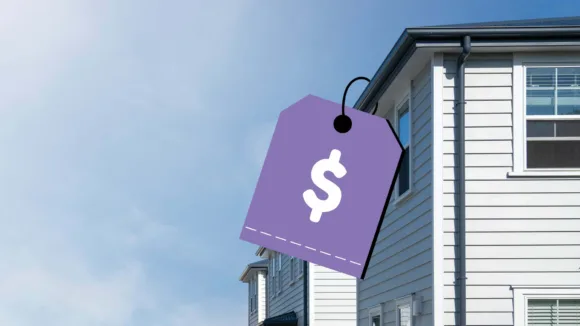In property one thing is clear: the longer you hold, the more likely you are to make money.
On the flip side, buying and selling quickly is much riskier ... and new data from CoreLogic shows this old trope is still true.
Every quarter they split property sales into two groups. On one side are those who made money from their property sale. They sold their house for more than they bought it for.
On the other side are those who, unfortunately, sold their property for less than they bought it for. They lost money.
What separates these two groups? Time and again, the one key difference is that the people who made money held onto their properties for longer. On the other hand, the people who lose money tend to sell more quickly.







